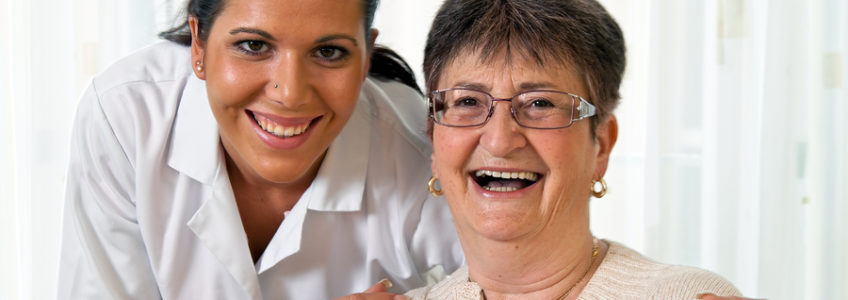
Three inventions that will make your parents safer
Chances are good your mother or father remembers the six million dollar man, a seventies television series about an Air Force Colonel who gets hurt, then rebuilt as a cyborg.
“We can make him better than he was. Better, stronger, faster,” claim the scientists who reengineer him.
Well, we aren’t quite there yet. But there is a good deal of emerging technology that promises to give people an edge as they age. Here are three new devices, already on the market, that can make the seniors better, stronger, and faster.
Zibrio
The Zibrio operates much like a weight scale, except that, instead of measuring weight, it measures balance. Mom or dad stands on it for sixty seconds, eyes wide open. Then it gives its users a score on a scale of 1-10. The higher the score, the better the balance. Scores under four indicate a serious fall risk.
The purpose of the Zibrio is to monitor balance which can decline quickly and unexpectedly. Armed with the knowledge of a loss of balance, many seniors will sign up for an exercise class or regime that improves balance. If a senior is already concerned about his fall risk, the Zibrio helps him monitor the success of the current exercise regime.
Medwand
The medwand is a hand-held device that measures temperature, oxygen, blood pressure, heart rate, as well as taking pictures of the throat, ears, eyes, and skin. The medwand is not meant to be used for self diagnosis. Instead, the patient uses it in sync with a virtual doctor’s appointment. Connected to a laptop, the medwand conveys results directly to the doctor’s computer. Alternatively, the patient can use the medwand to take measurements and send them to a doctor for review. It looks less like a magic wand and more like an oversized Apple mouse.
Kytera Companion
The Kytera is an in home monitoring system that tracks a senior’s daily activities, showing caregivers and senior care professionals how much exercise a senior is getting and whether there is a change in his movements that points to depression or mental deterioration. The Kytera user wears a wristband which syncs up with other software remotely.
Perhaps the most important thing the Kytera can do is to detect falls, something that, as yet, no other remote AI technology can do. The Kytera can even differentiate between hard falls, such as those that result in hitting the head, or soft falls, such as those that result in the patient sitting down hard.
In conclusion, old age is being redefined daily as senior care scientists and medical experts develop new technology that can mitigate the dangers of aging. It pays for caregivers of people over 65 to stay abreast of these tech innovations. With home care, technology, and caring adult children, America’s elders stand a good chance of living high quality lives well into their last years.
If you or someone you know needs Elderly Care in Mankato, MN, contact Adara Home Health Care. We provide quality and affordable home care services for many fragile or senior members in the communities we serve.
Call us at (888) 660-5772 for more information.
Sources

